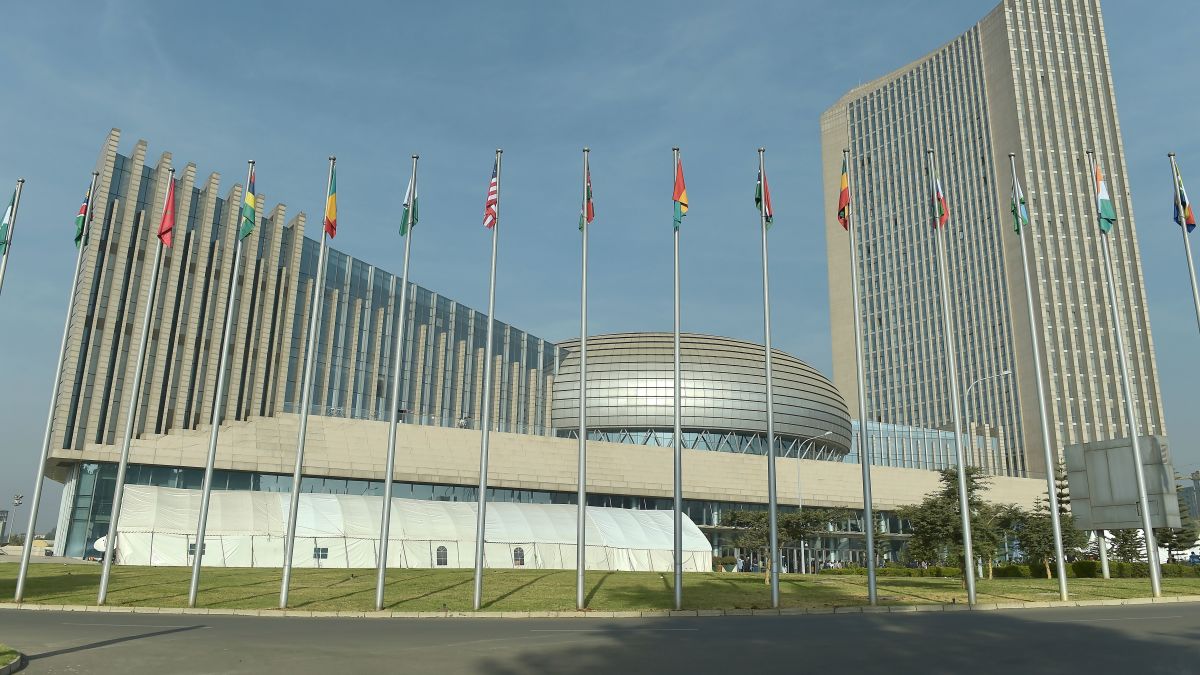 The Parliament of the Economic Community of West Africans States (ECOWAS) has raised the alarm over the isolated treatment of the Malian impasse by member-states, warning that the rest nations in the sub-region were sitting on a keg powder on account of the unabated standoff.
The Parliament of the Economic Community of West Africans States (ECOWAS) has raised the alarm over the isolated treatment of the Malian impasse by member-states, warning that the rest nations in the sub-region were sitting on a keg powder on account of the unabated standoff.
A delegation to the beleaguered West African nation, in its preliminary assessment yesterday of its visits to camps of internally displaced persons (IDPs) in Mopti and Bamako, urged for swift resolution of the crisis, adding that no part in the entire sub-region was longer safe.
The team, which gathered relevant data concerning the refugees and first-hand information about their condition, sought to know if the rights of the affected persons to healthcare, shelter, food and education had being respected.
The parliamentarians also engaged heads of the affected communities.
The trips, which gave the delegation a clear lead to addressing the problem in the country, gave direction on the need for a more critical look at the underlying triggers of the conflict in the first place as a good start to resolving the imbroglio.
Malian lawmaker, Fatimara Fonba, called on the parliament to also consider the role of some foreign political interests accused of fuelling the crisis in its report.
A member of the parliament, She said: “As representatives of the people, we should do something. We have to act and deal with the issues. Also, the involvement of the Parliament is necessary.
”It is a big mistake to think only Mali is threatened by this situation. We, as members of parliament, have a responsibility to find out what is behind the issues.
“Governments might not be able to say a number of things, but we as MPs are free to represent our people, criticise and condemn some initiatives.”
A member from Nigeria, Foster Ogola, stated that the only way the crisis in the country could be solved was to identify its root cause and grievances of the masterminds.
To Senator Mohammed Lafiaji, another MP from Nigeria, the legislative body should extend its peace efforts to other West African countries where necessary because ”if one part of the body is not functioning, the whole body does not.”
He urged that delegates should be sent to other nations in search of solutions.
The speaker, Moustapha Cisse Lo, while closing the session, submitted that the engagements in Mali had been fruitful and insightful.
He called on authorities in the sub-region to collectively address the crisis at hand, pointing out that the affected country “occupies a key position as a hub in the heart of Africa.”
 The New Experience Newspapers Online News Indepth, Analysis and More
The New Experience Newspapers Online News Indepth, Analysis and More